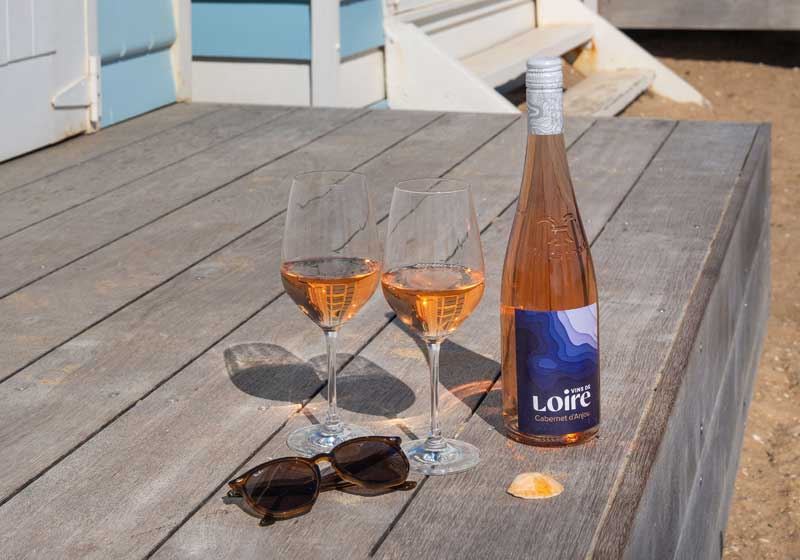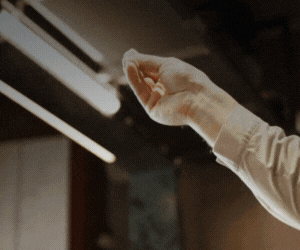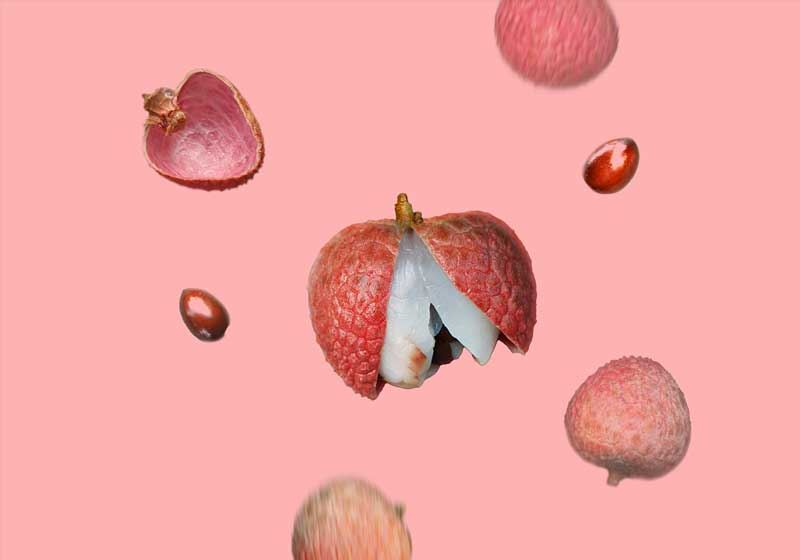What do all the labels mean?
By Alex Prichard from Cellared
 You don’t need more than a passing interest in wine to notice that vintners are increasingly keen to let consumers know how the grapes have been grown and the wines made. Not only does the wine buyer need to navigate brands and grapes (and even the grapes are getting more confusingly diverse) but now we see wines labelled ‘organic’ or ‘biodynamic’ and selling themselves as ‘low sulphur’, ‘preservative free’ or even ‘natural’.
You don’t need more than a passing interest in wine to notice that vintners are increasingly keen to let consumers know how the grapes have been grown and the wines made. Not only does the wine buyer need to navigate brands and grapes (and even the grapes are getting more confusingly diverse) but now we see wines labelled ‘organic’ or ‘biodynamic’ and selling themselves as ‘low sulphur’, ‘preservative free’ or even ‘natural’.
It’s always important to buy wines you’ll enjoy, so here’s some background to these terms so you know what to expect when you next spot them in store.
Organic
Organic farming precludes the use of (most) artificial chemical treatments, such as herbicides and pesticides, but also fertilisers. Farmers use biological pest control and green compost as alternatives but may also use some conventional and well known treatments, such as Bordeaux Mixture, meaning organic farming is not chemical free. A wine is organic if the grapes have been grown in accordance with these principles. Every country has different regulations around organic agriculture and in Australia there are multiple bodies that can certify products as organic. It’s important to remember that often gaining organic certification is expensive and producers may elect to not bother, despite broadly adhering to an organic regime. Generally the use of the term organic applies to how the grapes have been grown and may indicate absolutely nothing about how the wine has been made.
Biodynamic
Biodynamic farming is a step on from organic farming and the use of the term is controlled by the Demeter Association, which is the internationally recognised certifying body. The biodynamic viticulturist follows the principles set down by Rudolf Steiner in 1924. As with organic farming, biodynamics takes a very holistic approach, but this extends to the spiritual. Biodynamic agriculture ties into the cycle of the moon and this can dictate the days on which certain vineyard and winemaking activities take place. In fact, some wine writers will even note the type of day (for example root or leaf) on which a wine was tasted, so great is the moon’s influence considered to be. Biodynamic viticulture is quite widely used in France with many of the major producers in different regions having at least one biodynamic vineyard. Advocates claim that a biodynamic approach can save a diseased or underproductive vineyard and that the wines produced are more vibrant and defined in taste. You’ll have to make that decision for yourself!
Low sulphur/preservative free
Many drinkers blame sulphur for feeling a little worse for wear the morning after a glass or two of red wine. Sulphur is widely used in the food and beverage industries and winemaking is no exception. In Australia, labelling laws mean that where sulphur dioxide (SO2) is present in a wine it must be indicated on the label. And as it’s used as a preservative, that’s the majority of wines. So if you’re looking to avoid sulphur (for whatever reason) you need to lookout for the wines that indicate they are preservative free. These are increasingly widely available and even some of the big brands offer one or two preservative free wines. The wines are available at a range of price points so you don’t need to break the bank either. Just remember that it’s better to drink a preservative free wine sooner rather than later. If you can’t find a preservative free version of your favourite wine, then there are products on the market which claim to neutralise the sulphur when added to the bottle or your glass.
Natural
Unlike the previous terms, the use of ‘natural’ isn’t governed by any regulations. It’s perhaps best described as a winemaking philosophy. Generally the grapes will be grown organically or biodynamically (or in line with these principles) and the winemaker will seek to use minimal additives during production. This will mean a wild yeast ferment (using the yeasts present in the winery’s atmosphere, rather than a specific, introduced yeast), no additives or chemical adjustments and possibly no (or little) fining - so the wine may be a little cloudy or have more sediment than you’d expect. Wines that are described as ‘natural’ are often low in sulphur too.
You probably won’t have to look too hard to find a wine that makes use of at least one of the above terms. Give it a go and remember, that while winemaking is serious business, wine drinking should be a pleasure.
Alex is a food and wine enthusiast who has been blogging since 2006. She currently writes Eating Adelaide (focussed on food) and Cellared (focussed on wine).
She has written for Feast, Sumptuous, Gram and InDaily and has a regular guest spot on Adelaide radio.










